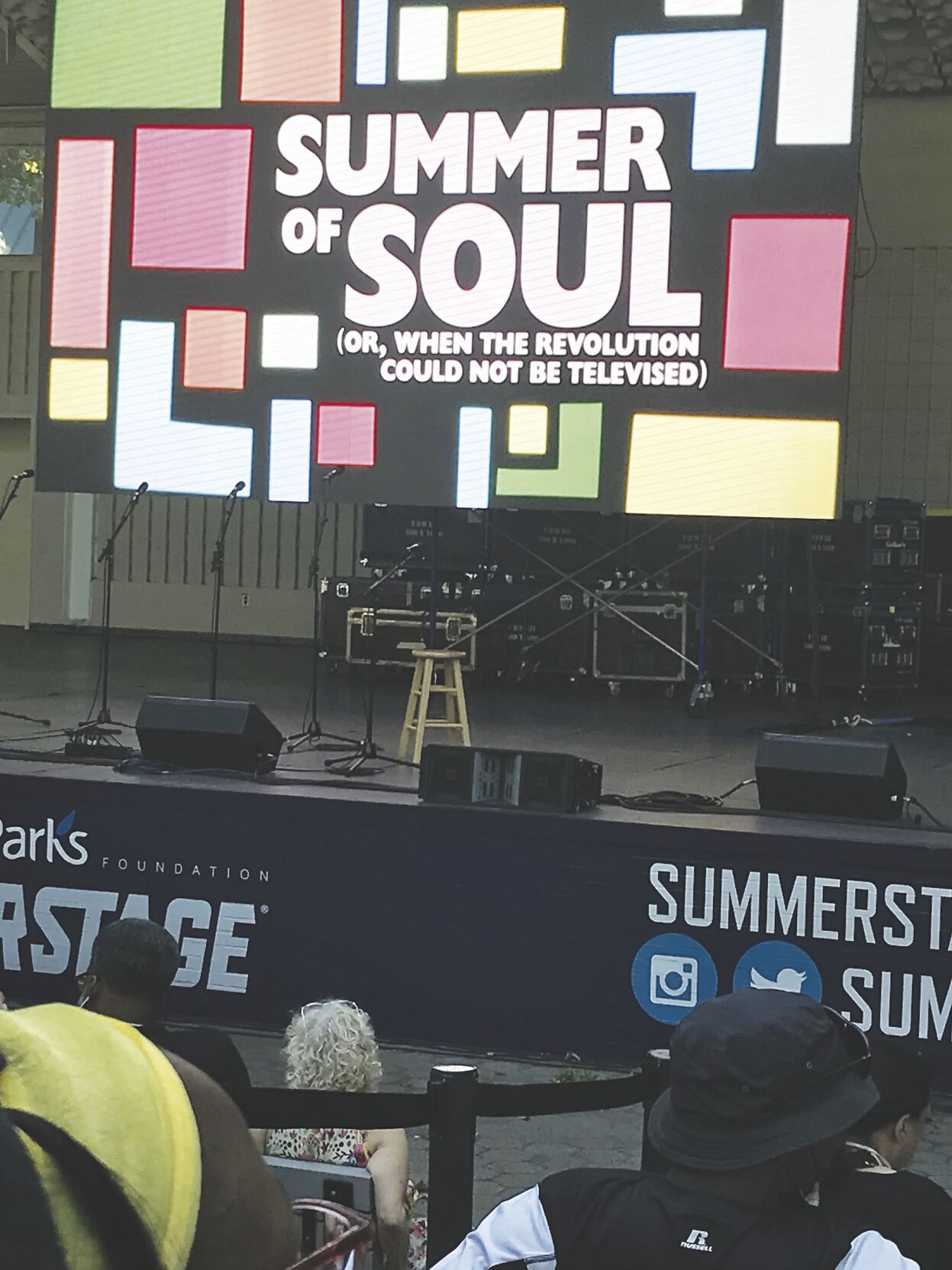To say I’m nostalgic for the past doesn’t mean I don’t engage with the new world. That is, not having cash and paying for everything by flashing my phone at a small device. Buying clothes, groceries, and household items online, abandoning shopping as a Saturday afternoon past time. Not owning a landline yet having a phone dangling on my hip. Texting friends and family instead of speaking in person. Soon I’ll have a robot with artificial intelligence and won’t even need human friends.
There are those moments when I just want to step back into the past. Remember when we went to the movies? We walked up to the counter, pulled leather wallets from our pockets, paid for the tickets with cash, and received two small red tickets in return. Then we bought popcorn and a soda before settling into the prickly, sometimes sticky velvet seats to watch the large screen. Now, if we even go the movies, there is wine and espresso, the tickets have already been purchased online and the seats are assigned. Why bother when you can stream on a large screen at home.
I admit to being one of the people who went back to the theater to see “Top Gun: Maverick” when it opened on Memorial Day weekend. Over the three days of the weekend the domestic box office recorded making $153 million, shattering other Memorial Day Weekend records. What fun. An old-fashioned adventure, a love entanglement, conflict with an enemy and, of course, a happy ending. I left the theater smiling. Feeling, somehow, stable.
Last weekend I had another nostalgic experience. “Summer of Soul” — the documentary created around footage of musical performances that took place over six Sundays, between June 29, and Aug. 24, in Mount Morris Park in Harlem during the 1969 Harlem Cultural Festival — was screened in the same park where the festival was held. The documentary is not just footage of the festival, it includes news clips and interviews with people who were there to provide historical context. The musician and performers included Stevie Wonder, Mahalia Jackson, Nina Simone, the 5th Dimension, Gladys Knight & the Pips and Sly and the Family Stones, among others. The raw footage had been in a box for 50 years and only released last year. The film has received many awards and much acclaim.
The Friday evening screening of “Summer of Soul” took place in the renamed Marcus Garvey Park, under a beautiful, summer evening sky and sitting in an amphitheater with people from the neighborhood, the audience came alive. Dancing, clapping, and singing along. How could we not? This music, soul, rock, gospel, is the core of American music.
Sitting there on Friday evening made me realize I haven’t been to a drive-in movie theater for decades and hope to take in “some flying popcorn” at the Weirs Drive-In Theater one weekend this summer. It also reminded me of a time when going to the A&W for a root beer float and ordering from the car was a true adventure.
Another theater that makes me feel nostalgic is Red River Theater in Concord. One humid August evening, when the air wasn’t moving, I took my mother to see a film. It was near the end of her life, her mobility was limited, and the heat was bothering her. We arrived at the theater to learn the air conditioning wasn’t working. Noticing my mother struggling the woman collecting the tickets disappeared and then reappeared at our seats with two paper fans and enormous cups of ice water with tall straws. A gesture I have always remembered.
It is through film we connect with the past, beginning with the early silent movies. It is through film we can understand the world through different cultural lenses. On Friday evening, sitting in Marcus Garvey Park I could remember listening to those performers, dancing to the same music and remember the political climate living in the late 1960s. Nothing stays the same, yet there are moments when it is nice to give in to nostalgia and live for a few hours in our memory.
I wonder if robots will have memories that cause them to feel nostalgic?
•••
Elizabeth Howard is the host of the Short Fuse Podcast, found on Apple Podcasts, Spotify or through the ArtsFuse. Her career intersects journalism, marketing, and communications. Ned O’Gorman: A Glance Back, a book she edited, was published in May 2016. She is the author of A Day with Bonefish Joe, a children’s book, published by David R. Godine. You can send her a note at eh@elizabethhoward.com.


















(0) comments
Welcome to the discussion.
Log In
Keep it Clean. Please avoid obscene, vulgar, lewd, racist or sexually-oriented language.
PLEASE TURN OFF YOUR CAPS LOCK.
Don't Threaten. Threats of harming another person will not be tolerated.
Be Truthful. Don't knowingly lie about anyone or anything.
Be Nice. No racism, sexism or any sort of -ism that is degrading to another person.
Be Proactive. Use the 'Report' link on each comment to let us know of abusive posts.
Share with Us. We'd love to hear eyewitness accounts, the history behind an article.